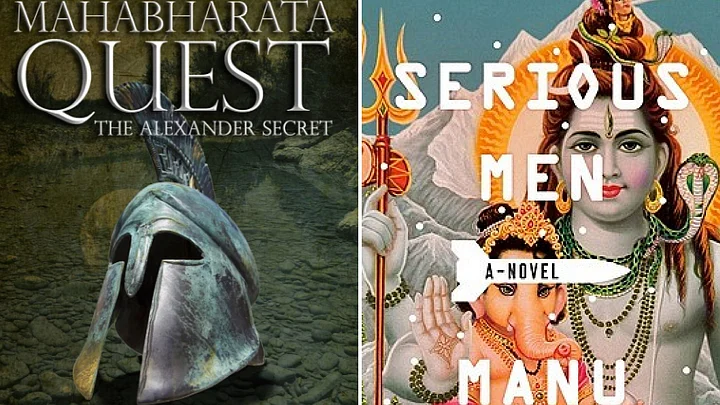A writer recently passed along his new thriller novel to me for honest feedback. It took me a quick skim to notice that while the story was excellent, the language, not quite. It felt as if he had replaced all the “easy” words he could find with their synonyms.
Almost at once I was reminded of a quote from Stephen King’s On Writing: A Memoir of the Craft, where he says:
One of the really bad things you can do to your writing is to dress up the vocabulary, looking for long words because you are maybe a little bit ashamed of your short ones. This is like dressing up a household pet in evening clothes. The pet is embarrassed and the person who committed this act of premeditated cuteness should be even more embarrassed.
Between “Showing Off Vocabulary” and “Writing to Entertain”
And that is as much as India’s top literary agent, Kanishka Gupta of the Writer’s Side, also says: “Authors should write in a language that comes naturally to them.”
Even so – writers often face this conundrum while writing, as in whether to chutnify their language or to make it flowery and verbose so their novel looks impressive to commissioning editors and readers alike.
Saikat Majumdar, author of the highly acclaimed novel, The Firebird, feels that sometimes difficulty in language is a “genuine necessity”, and sometimes it is an act of “writerly self-indulgence”.
With language, often less is more. It is not about making things easy for an imaginary ideal reader, but about making the prose the best suited for its purpose.Saikat Majumdar, author, The Firebird
Author Christopher C Doyle, who has sold 2 lakh copies of his Mahabharata Series and is enjoyed by readers as young as 12, helps to put Majumdar’s assertion into perspective:
I write thrillers, and by definition that means that the story needs to be fast paced and readers should keep wanting to turn the pages. In that case, making the language verbose would slow down the pace and also interrupt the reading process, since readers may need to consult a dictionary if I use words they are not familiar with. I don’t dumb down my language and vocabulary but I don’t make it high flying, either. The choice is simple. I don’t write to show off my vocabulary. I write to entertain. So, it really isn’t a conundrum.
However – and sometimes – no matter how simple the language is, it may not please all readers equally. A few days ago, columnist Manu Joseph, author of Serious Men, which won Hindu Best Fiction Award in 2010, posted a message on his Facebook page from a disgruntled reader which said:
This book is hard to read. I am only half way through and already I have an extra vein on my forehead… There are more fancy words per cm than hair on Shah Rukh Khan’s head… It’s not for people with a moderate vocabulary… It is irritating to open a dictionary every time you encounter a word you don’t know the meaning of...
I got in touch with Joseph to find out his reaction and this is what he had to say: “I love simplicity of expression and I do believe that my language is simple. I know that many readers do not perceive it that way and I feel there is nothing I can do about it” – and this is as much as any writer would tell you for there is only as much as you can do to simplify the language.
The Many ‘Languages’ in a Novel
Also, in as far as fiction is concerned, language not only depends on the genre of the novel, “but also on who owns the narrative voice, even when it is third person omniscient,” says Majumdar, elaborating it thus:
I’m currently writing a novel narrated in the first person by an adolescent boy in the process of growing into an adult, and the language that is emerging is simple, as demanded by the voice of the character. But other characters and other narrative situations may demand different languages. Often, a novel will have not one but multiple languages.
In that case, how do publishers solve the conundrum of language, many of whom read hundreds of submissions each week? What do they prefer?
Essentially – we judge a book by what it is trying to do. We simplify the language where it is difficult to understand or jargony. Usually we don’t interfere with the style of a lit-fic writer. But if it is a work of commercial non-fiction, we will work with the writer to make the arguments comprehensible.Chiki Sarkar, founder-publisher, Juggernaut
Gupta adds to this assertion by saying that good writing cannot be taught. “However, a good book can be made with the assistance of editors and ghost writers,” he says.
And while not everybody has access to top editorial resources, here is a piece of advice from Majumdar that can help you get started:
Be honest to the voices and the characters you create. If the language is honest, it will resonate with the reader, be it easy or difficult.
True that, we say!
(At The Quint, we question everything. Play an active role in shaping our journalism by becoming a member today.)
